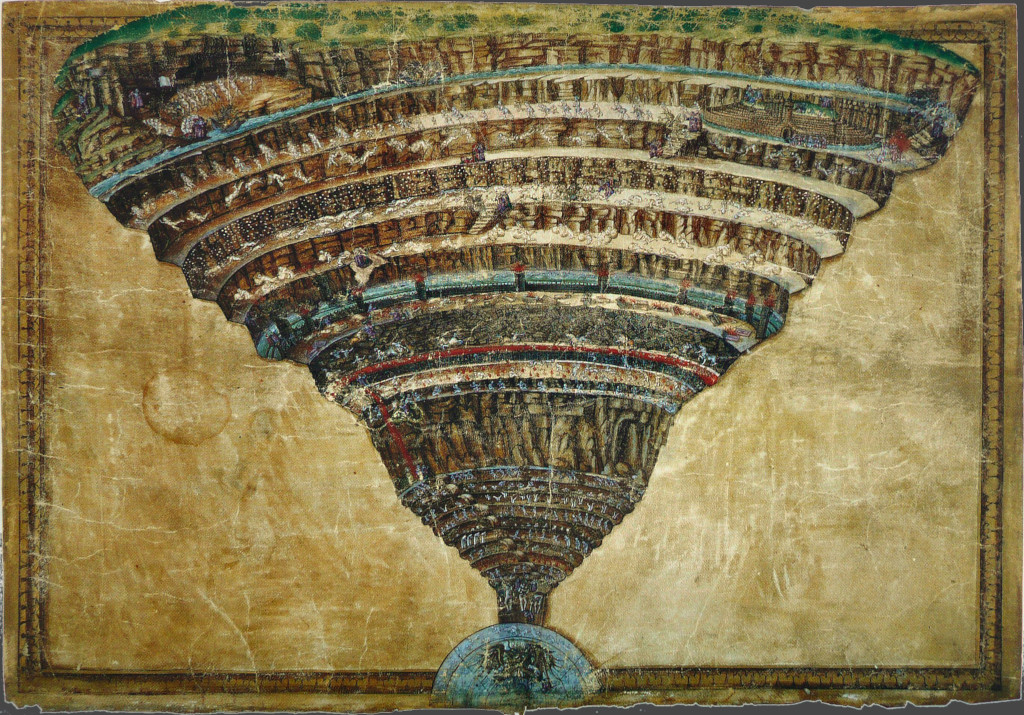
To sacrifice God for nothingness—this paradoxical mystery of the ultimate cruelty has been reserved for the rising generation; we all know something thereof already.
Friederich Nietzsche, Beyond Good and Evil
In a recent interview, a person who recently voted for Trump reflected on the pain and suffering imposed by the current reign of detention and deportation for immigrants: “You could say it seems really cruel, but at the same time, wasn’t it really cruel when we had an open border and just let all these people in?” No.
No matter one’s view on the “open border”, having an open border is not really cruel, and saying so empties the word cruel of all its meaning. From its inception, in the late 13th century, to today, cruelty has meant wanting to inflict suffering; taking pleasure in the pains of others; being completely devoid of kindness or compassion; being merciless, pitiless, hard-hearted. Being dead, and worse, inside.
The real issue isn’t the “correct” definition of cruelty, but rather the complete gutting of the word and concept. In what universe is the violence committed against immigrants equivalent to an “open border” (an entity which the United States never countenanced anyway, but that’s another conversation)? In what universe is the terror imposed upon children, women, men, nonbinary people, families and others equivalent to the free passage of migrants across a border, any border? In the universe of grievance, in which meaning become meaningless.
In the universe of grievance, any complaint becomes reality, and that reality imposes equivalence, which then becomes identity, and there you have it. And so really the open border, which again never existed, is the same as abducting, terrorizing and torturing the most vulnerable people and community. Isn’t it? Isn’t it? No.
No matter what aspect of social, political, economic, emotional, personal, environment or other justice you may be engaged in pursuing or caring about, the current administration is not only attacking it but trying to exterminate it and its exponents. More often than not, our responses have involved the discovery, “The cruelty is the point.” In 2018, Adam Serwer wrote “The Cruelty Is the Point”, noting, “President Trump and his supporters find community by rejoicing in the suffering of those they hate and fear.” In the same year, Julianne Hing wrote “For Trump, Cruelty Is the Point”, noting, “Under Trump, the country has embarked on an enforcement policy that willfully causes suffering and that doesn’t even factor into the decisions of desperate people trying to escape dangerous situations …. Like so much else with this administration, the US immigration agenda is now being driven by a disdain for the most vulnerable communities among us.”
Well, it’s 2025, and the “cruelty is the point” argument has returned. While at one level, the argument is correct: those supporting the current administrative policies take pleasure and find community by rejoicing in the pain and suffering they’re causing others. But the argument doesn’t go far enough. For those who formulate and implement the policies, the point is there is no point. There is no point to the policy, there is no point of no return, there is no middle point and no end point. There is only power, sacrificing all for nothingness. The cruelty is not the point; it’s the pointlessness.
(By Dan Moshenberg)
(Image Credit: Sandro Botticelli, “The Abyss of Hell” / Vatican Apostolic Library)